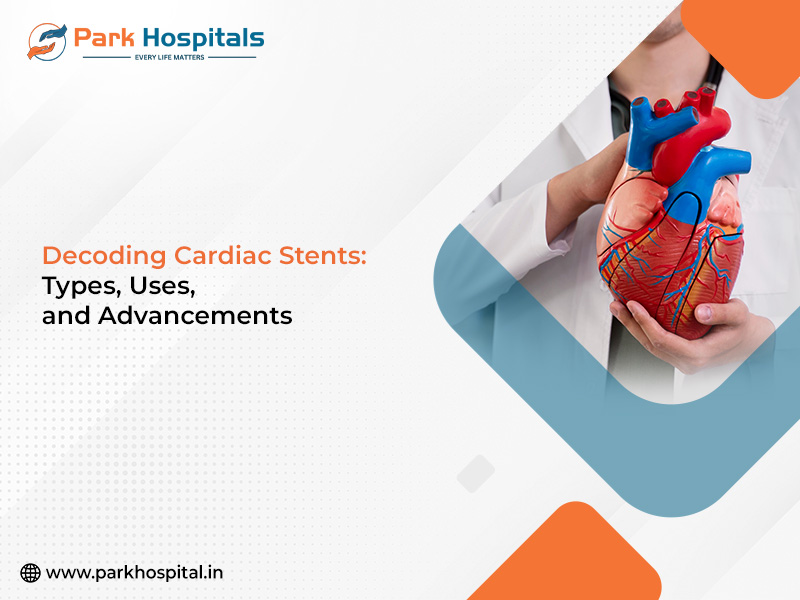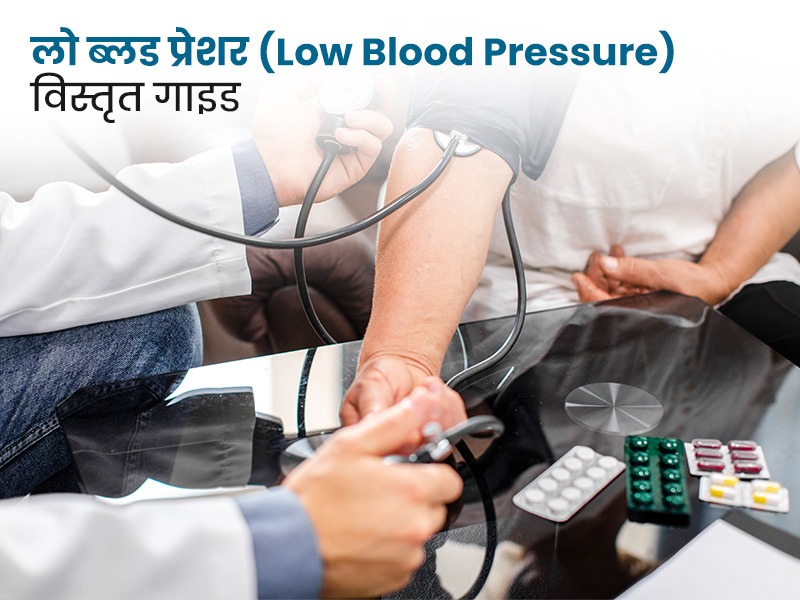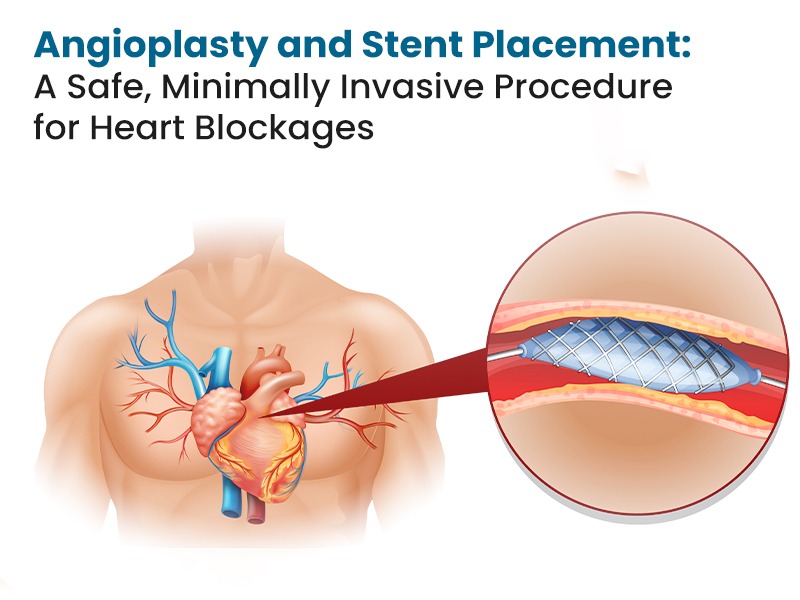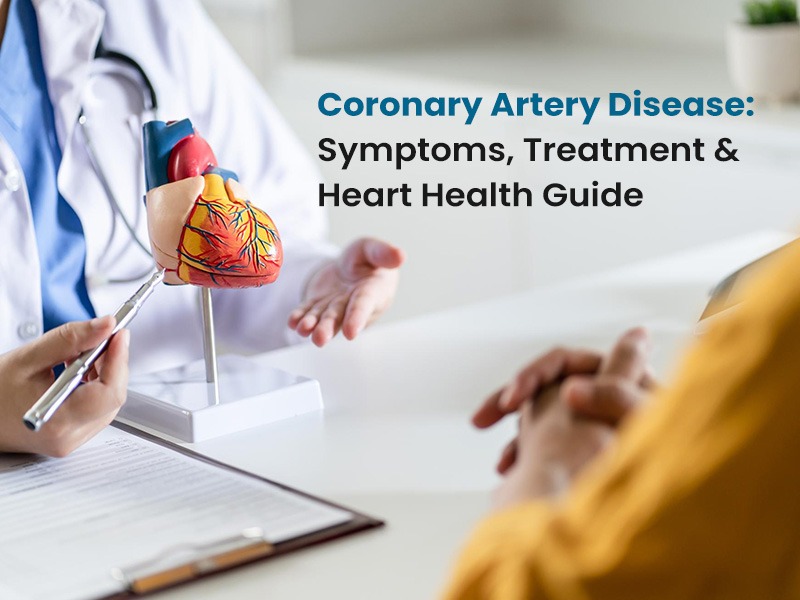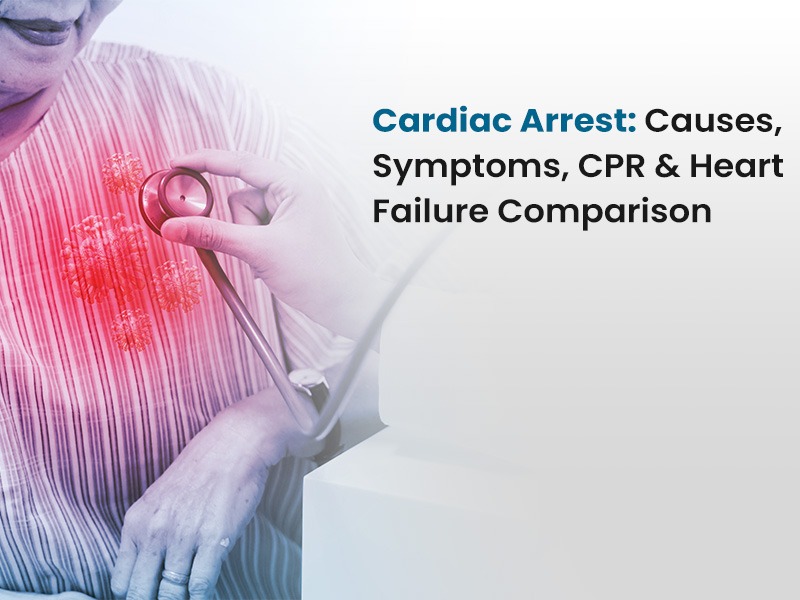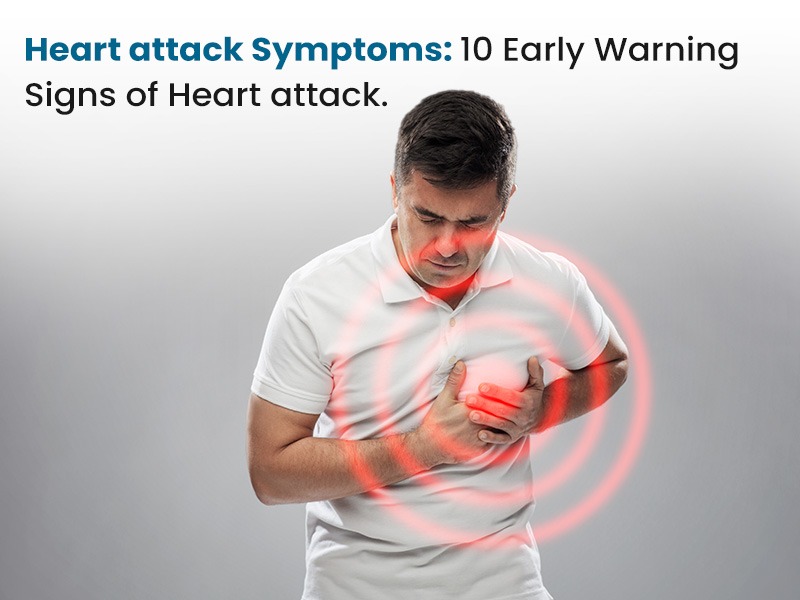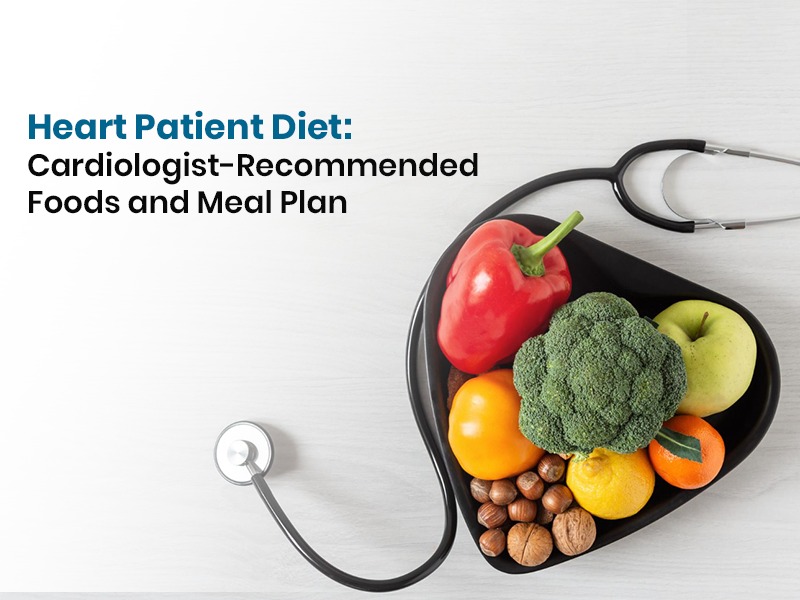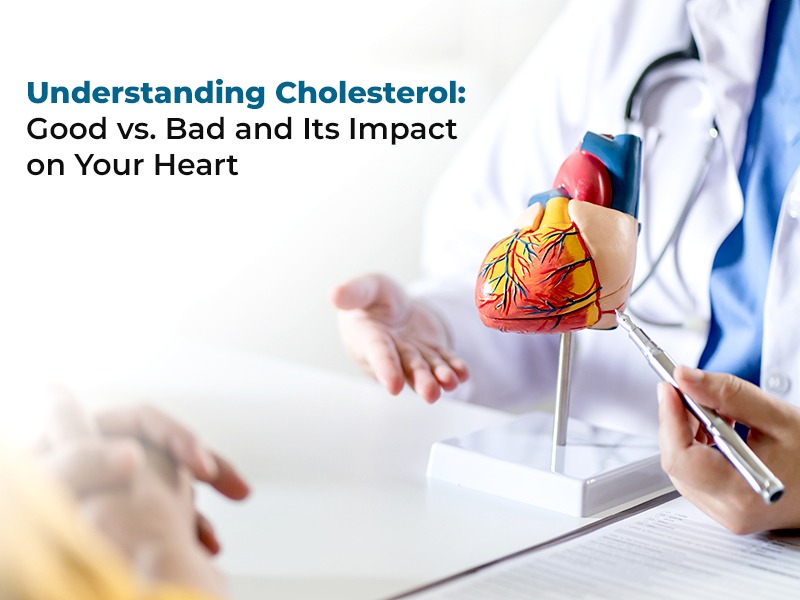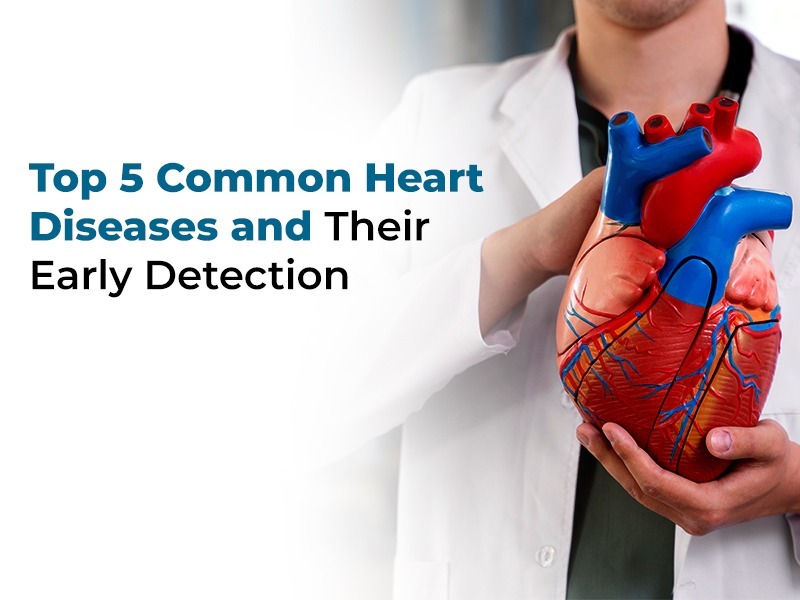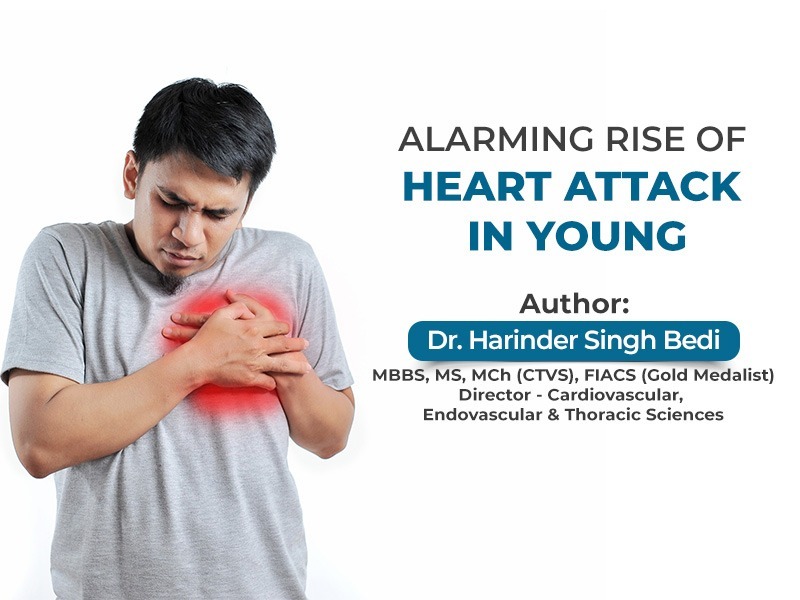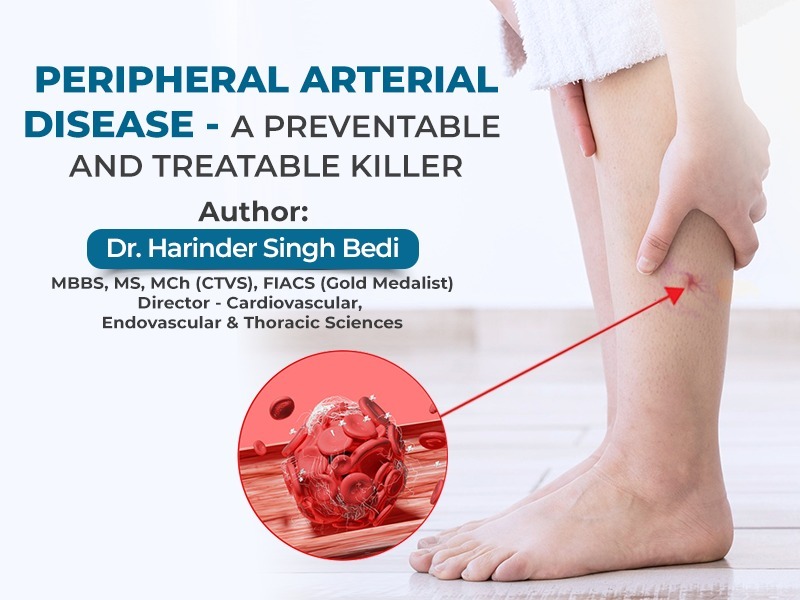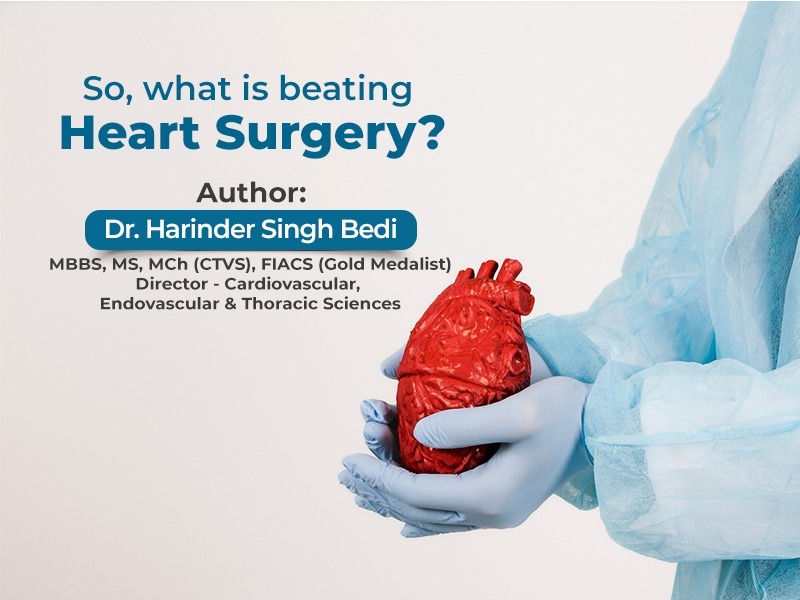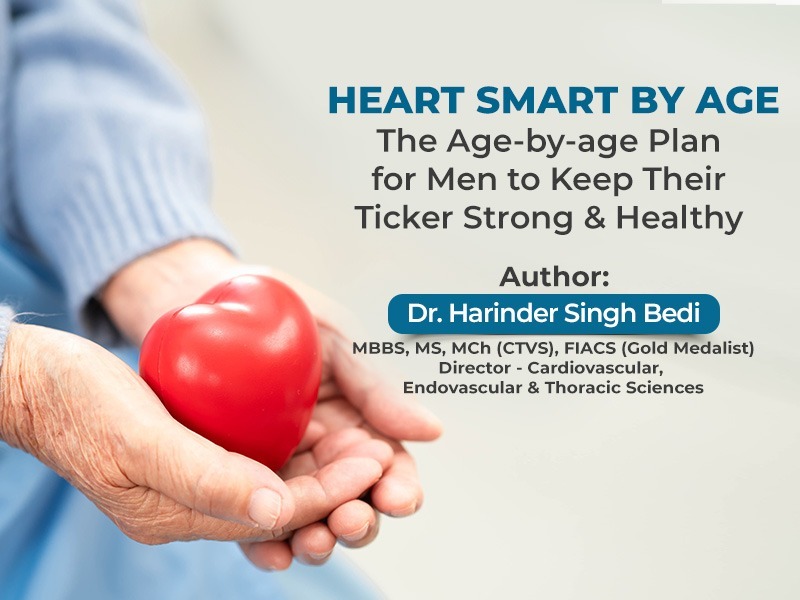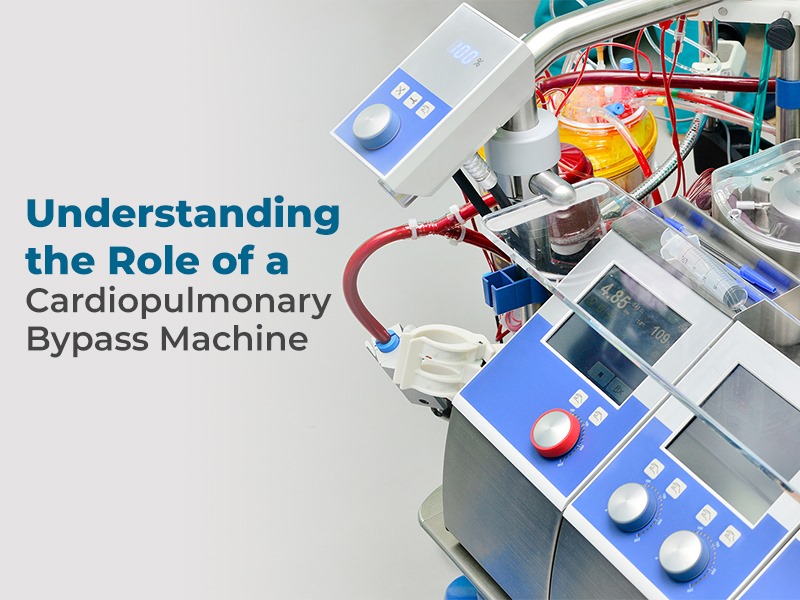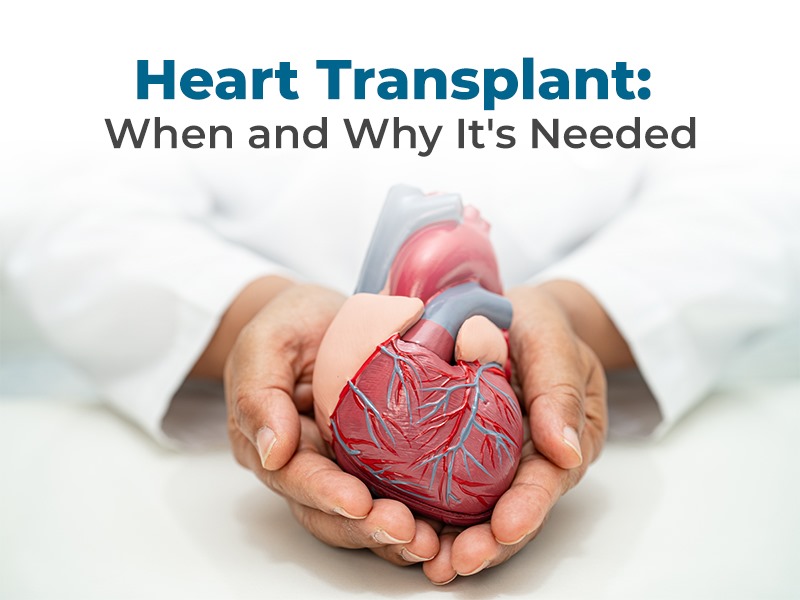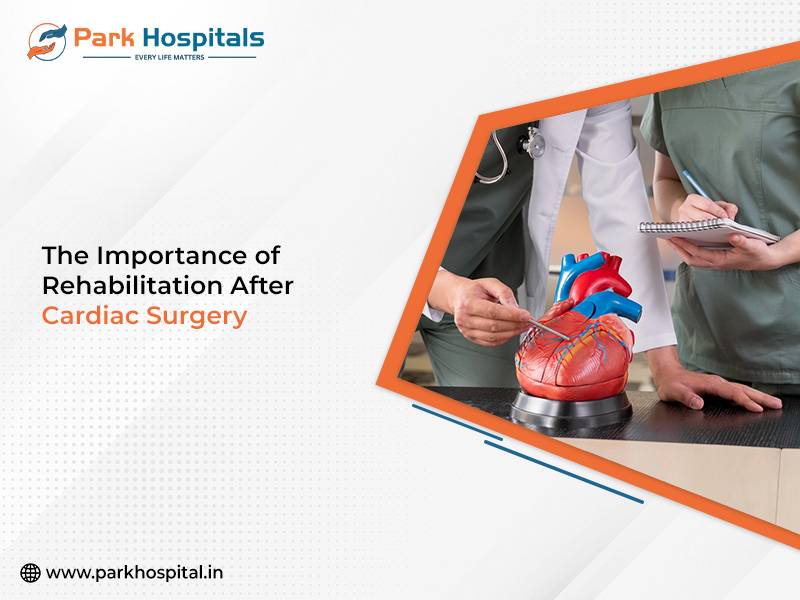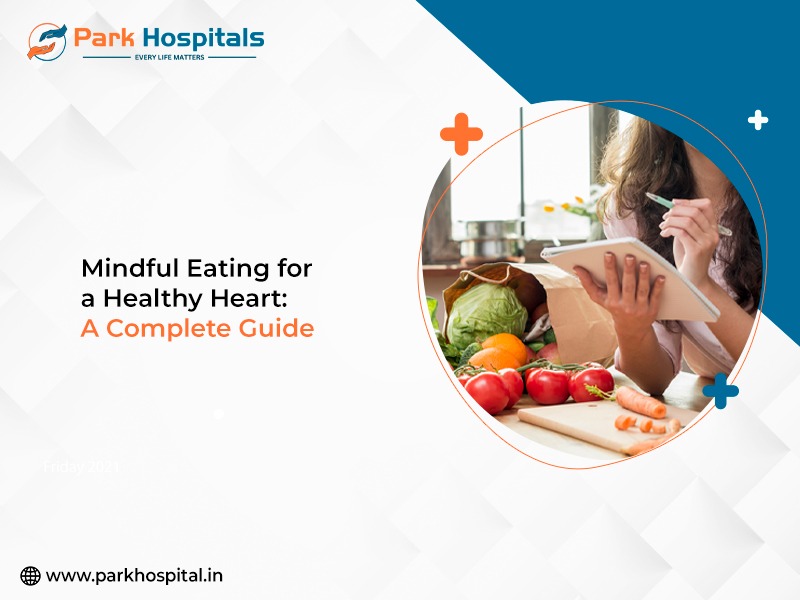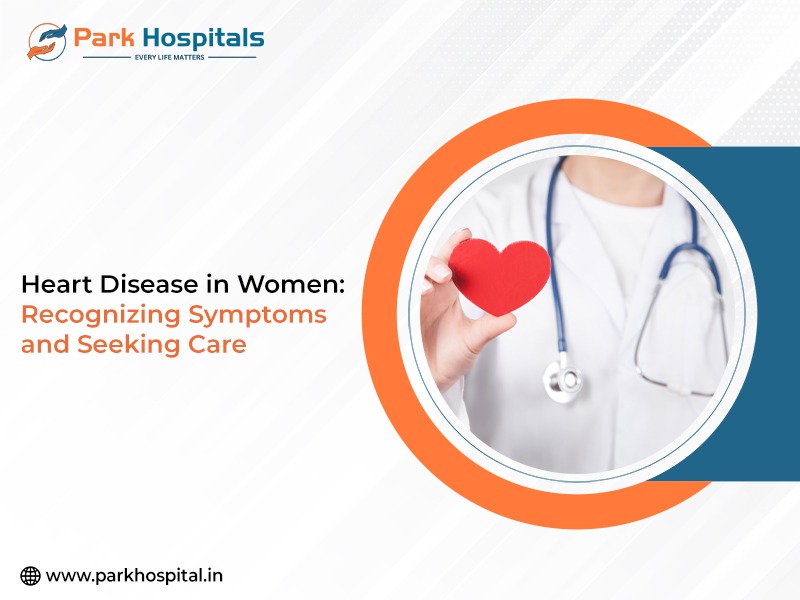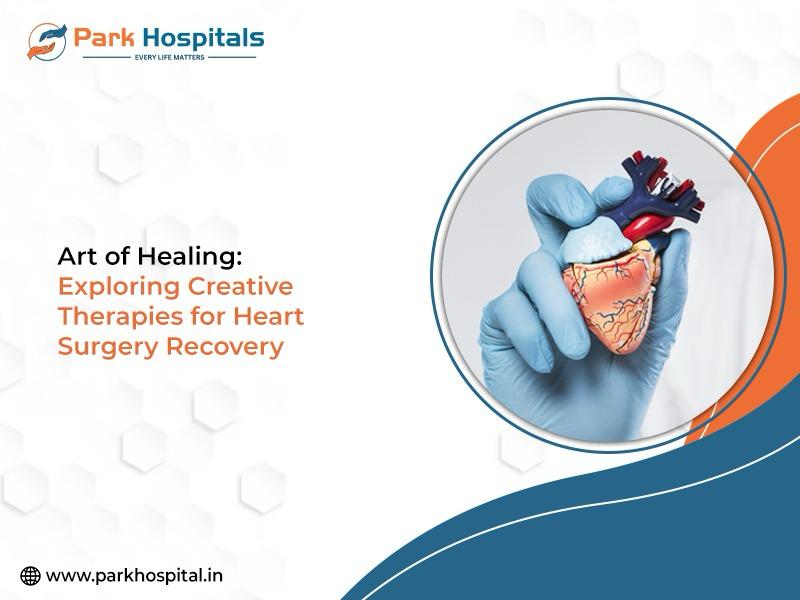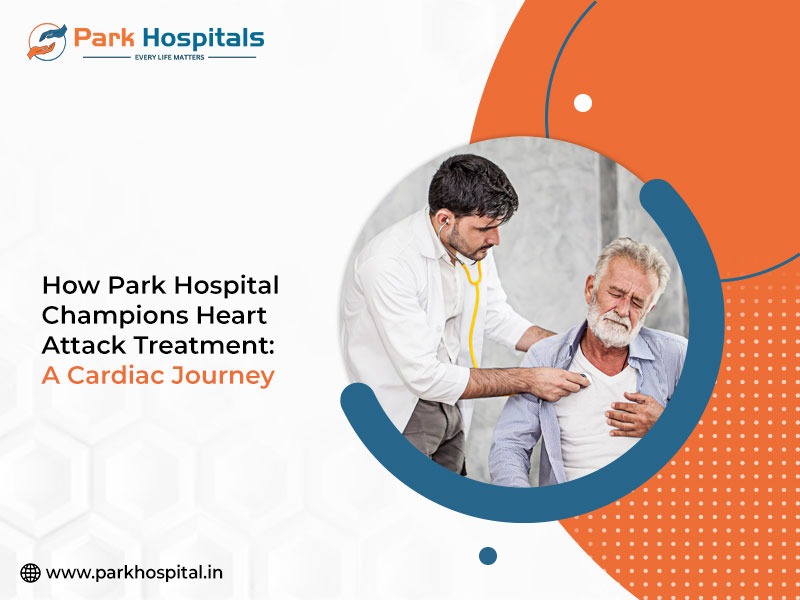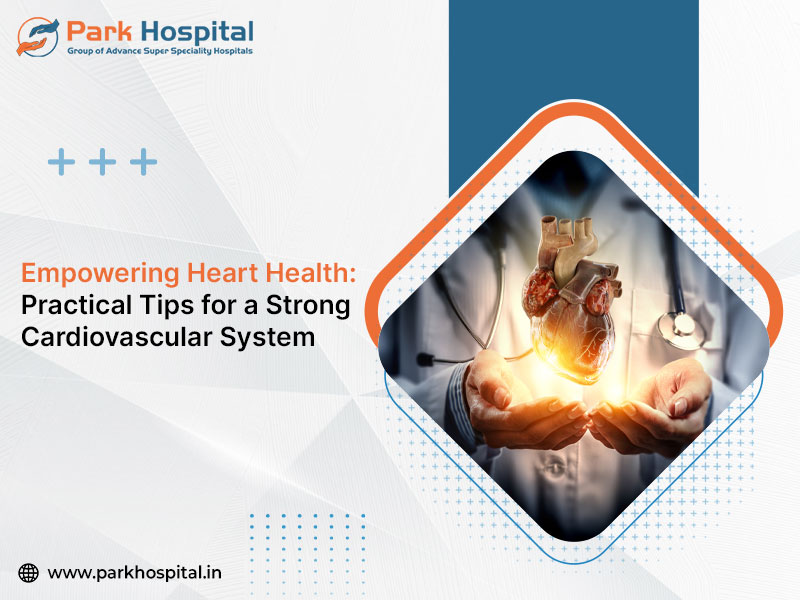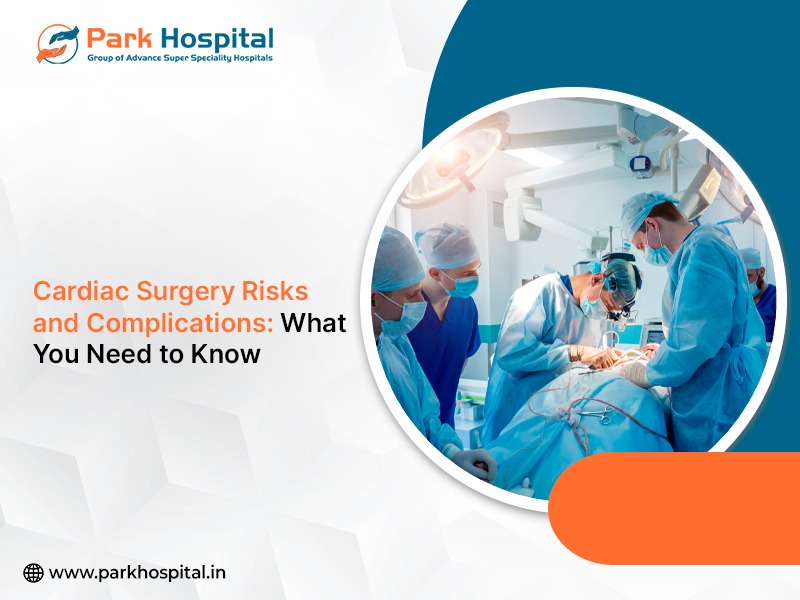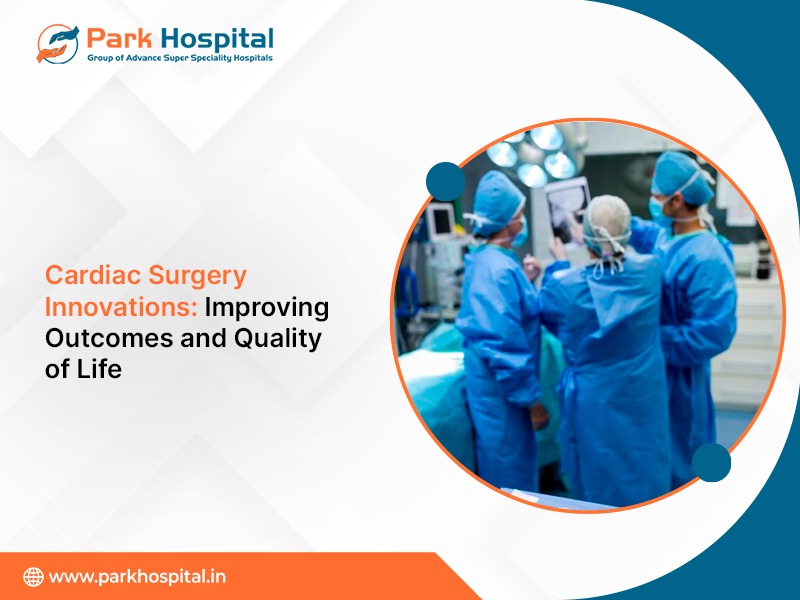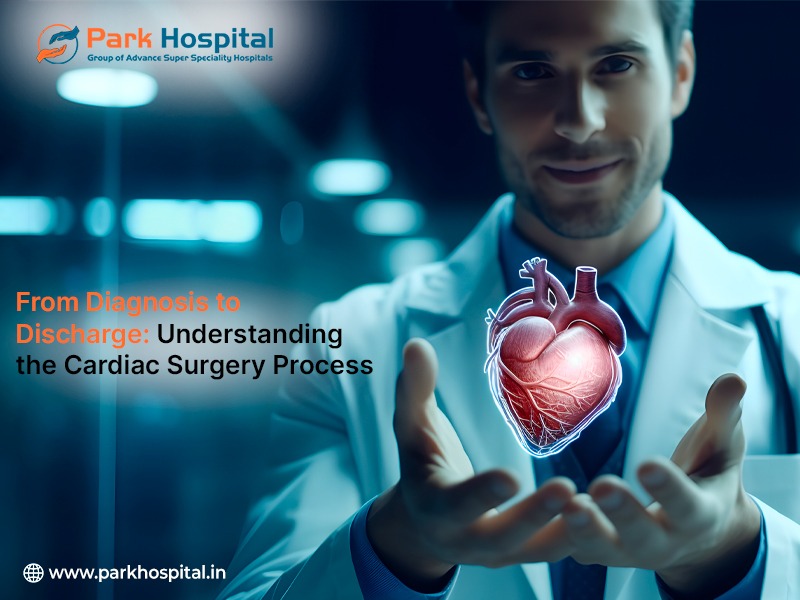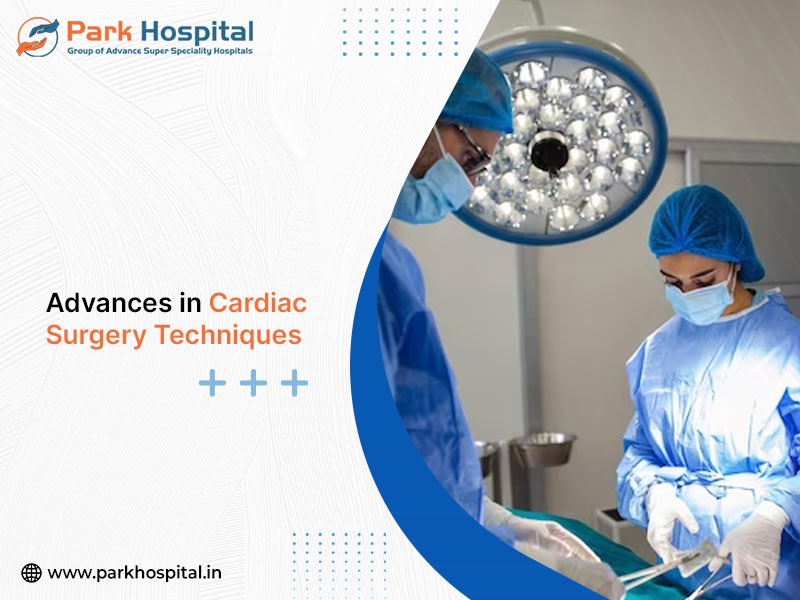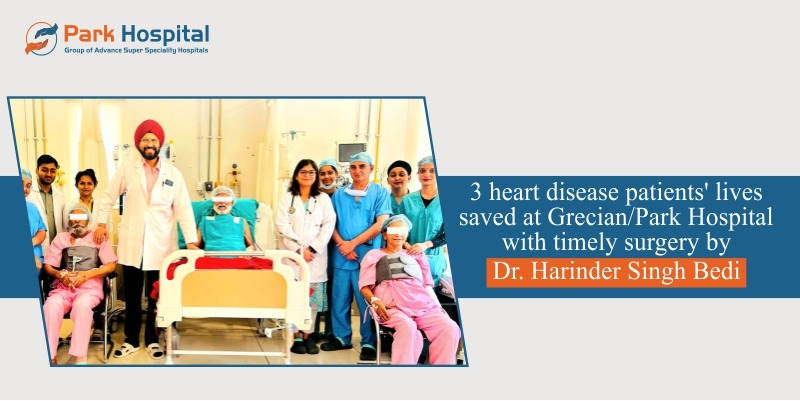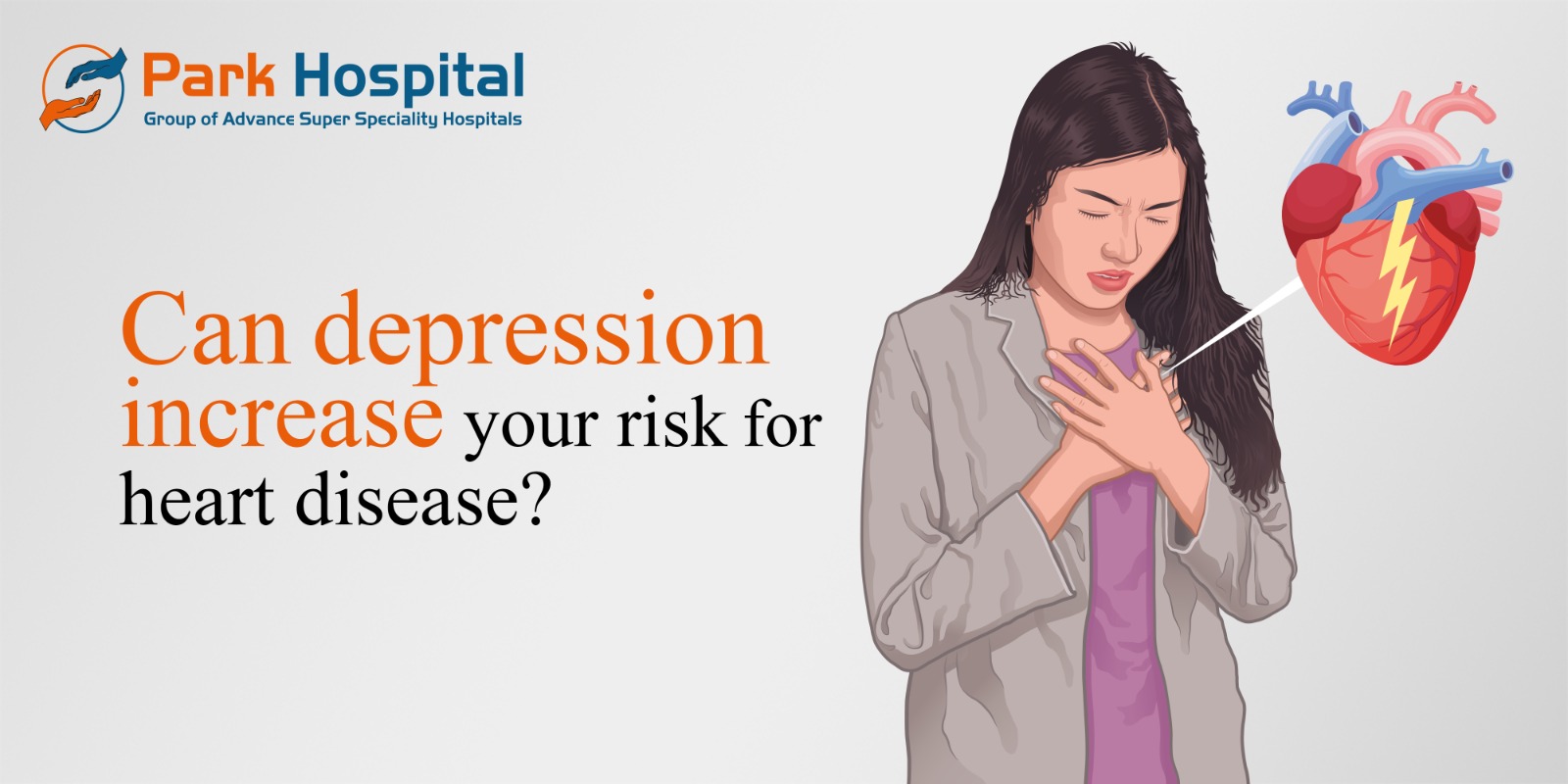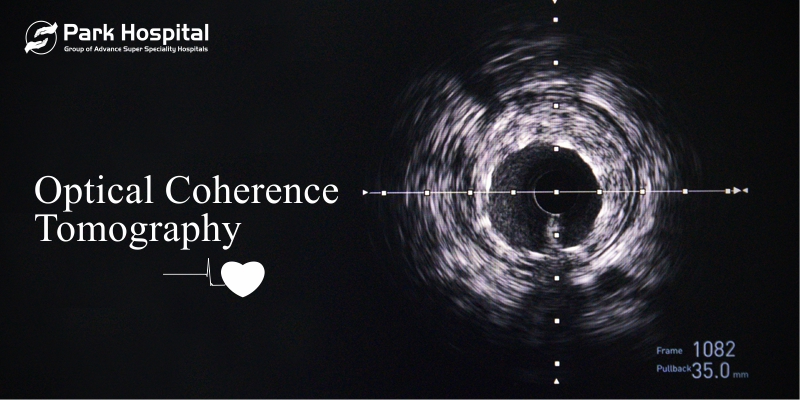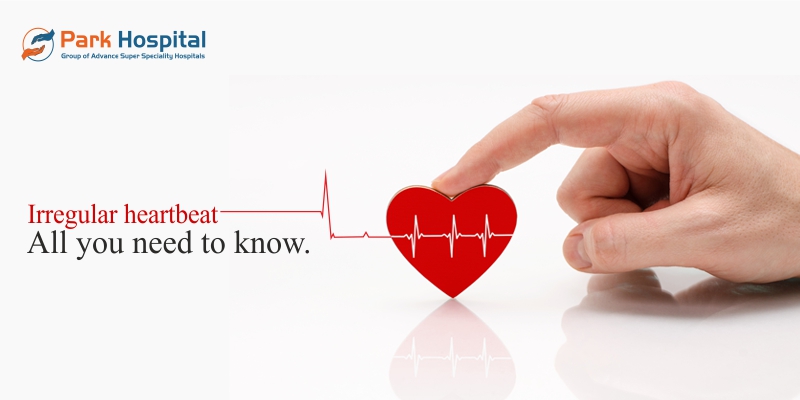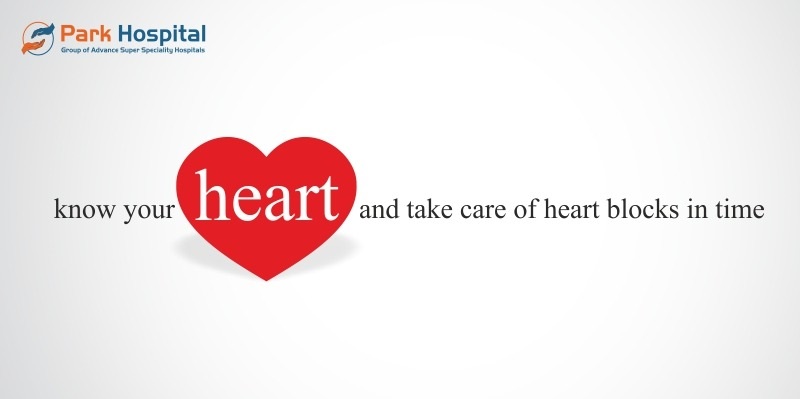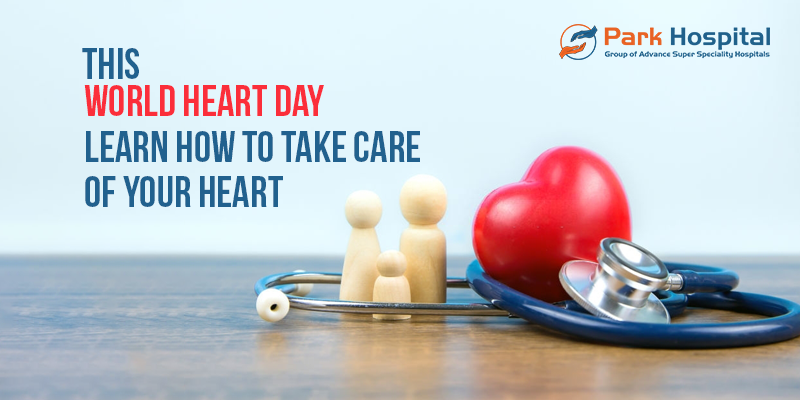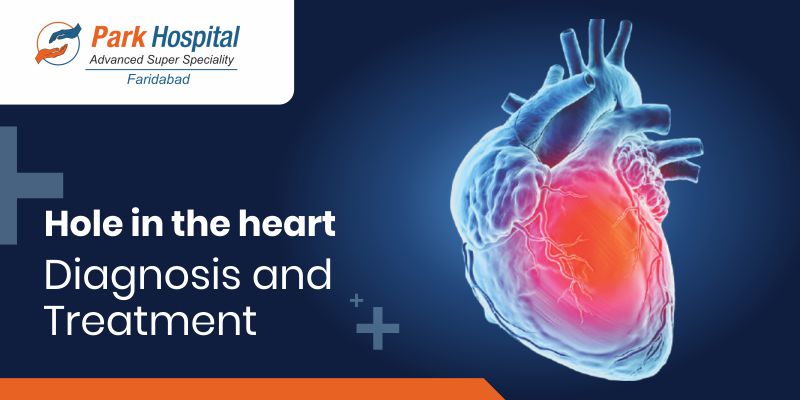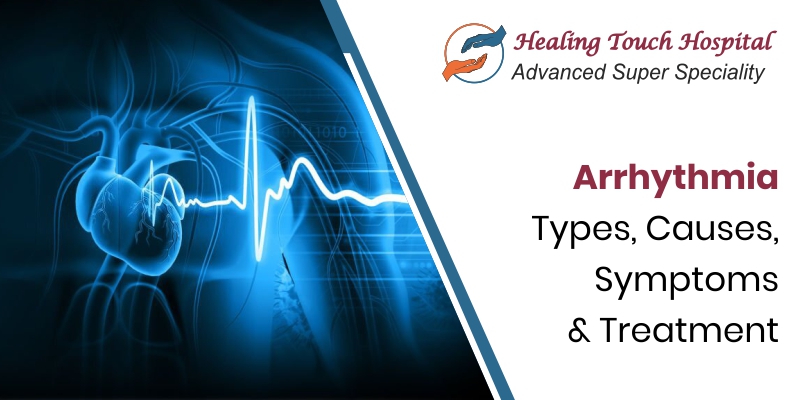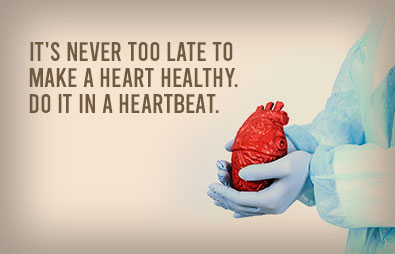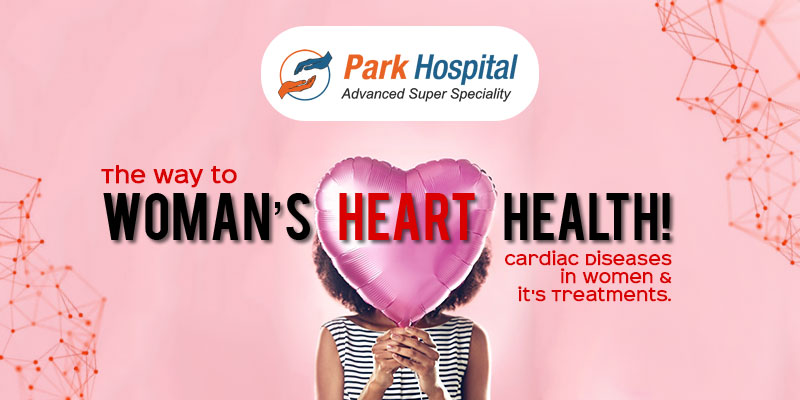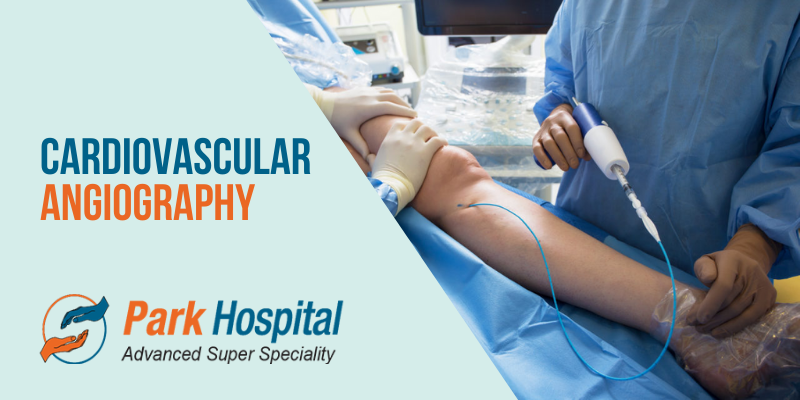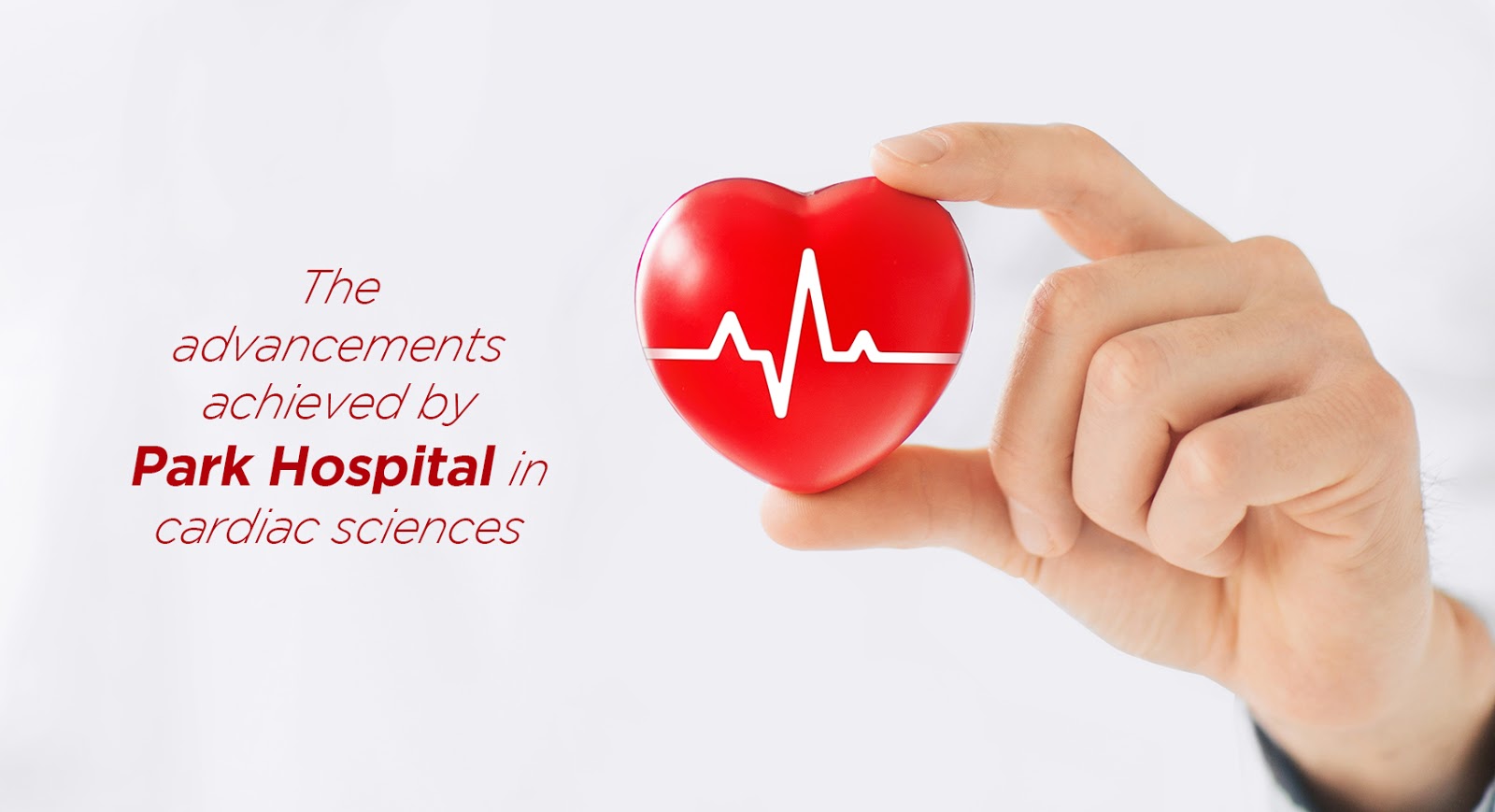Introduction
Technological advancements have transformed the healthcare industry by providing various new techniques, procedures, and medications to provide effective treatments for various severe conditions. One such advancement was the introduction of Cardiac stents.
Coronary Artery Disease, being the leading kind of heart disease, affects more than 5 percent of people worldwide. It refers to the condition in which the coronary arteries are narrowed or blocked, disrupting the flow of oxygen-rich blood to the heart.
Cardiac stents emerged as the cornerstone in treating the disease, offering lifelines to millions of people. It has revolutionized the landscape of cardiovascular diseases, providing practical and minimally invasive treatments for severe medical conditions. Park Hospital, as the leading Cardiac Surgery Hospital, works to provide efficient treatments to help people lead a healthy and quality life.
Types of Cardiac Stents
Cardiac stents refer to the small, mesh-like tubes used to treat narrowed or blocked arteries, allowing them to supply blood and oxygen to the heart muscle. These stents act as scaffolds that open the arteries, which helps restore and maintain blood flow to the heart. There are various types of cardiac stents, which are as follows:
1. Bare Metal Stents (BMS): These are cardiac stents made of metal, usually stainless steel, and provide structural support to keep the arteries open.
2. Drug-Eluting Stents (DES): According to the experts at the prominent Cardiac Surgery Hospitals in Gurugram, these kinds of stents are coated with medications, usually antiproliferative drugs, that get released over time to inhibit cell growth. They work significantly to reduce the risks of re-narrowing of the artery or restenosis.
3. Bioabsorbable Stents: These stents are made of materials that dissolve over time to improve the condition of the patients. This ensures that no permanent implants get left behind and are designed meticulously to reduce the long-term risks associated with permanent stents.
4. Dual Therapy Stents: It combines a drug-eluting stent with an additional coating aimed at promoting healing and reducing inflammation.
5. Radiation (Brachytherapy) Stents: They are effective but comparatively less common due to the advancements in drug-eluting stents. These kinds of stents use radiation to prevent restenosis.
Uses of Cardiac Stents
Primarily, cardiac stents were used for the treatment of coronary artery disease, but with the advancements in technology, the uses of the stents widened. The innovations at the well-acclaimed Cardiac Surgery Hospital of India, Park Hospital, has facilitated widening the uses of the following diseases:
1. Coronary Artery Disease (CAD): The most impactful use of cardiac stents is in treating narrowed or blocked coronary arteries to facilitate smooth blood flow to the heart. It can help relieve symptoms like chest pain and angina and improve oxygen flow.
2. Acute Coronary Syndromes: Cardiac Stents also play a significant role in the treatment of heart attacks or myocardial infarction and cases of unstable angina.
3. Chronic Total Occlusions: It can be lifesaving when opening completely blocked arteries to facilitate smooth blood flow.
4. In-stent Restenosis: The specialists at the known Cardiac Surgery Hospitals in Gurugram also promote using cardiac stents to treat arteries that get narrowed again after stent replacement.
Advancements in Cardiac Stents
Cardiac stents have undergone significant advancements over the years, revolutionizing the treatment of coronary artery diseases and other conditions. These advancements have made the procedure safer, versatile, and practical while improving patient outcomes. The various advancements in the field are as follows:
1. Improved Drug Coatings: The development of new drugs for cardiac stents has improved treatment efficacy and ensured a safer treatment. They also ensure thinner coatings that can help to promote faster healing.
2. Bioabsorbable Stents: The advancements and their adoption by the renowned Cardiac Surgery Hospitals in Gurugram have increased the use of advanced bioabsorbable stents. These stents dissolve over time, leaving no permanent implant in the body, thereby reducing the long-term complications of the treatment.
3. Next-Generation DES: The advancements have enhanced the designs of the tubes to improve their flexibility, comfort, and deliverability. This has also facilitated the development of dual therapy and polymer-free stents to improve patient outcomes.
4. Advanced Imaging and Navigation: in the present scenarios, the treatment uses intravascular ultrasound (IVUS) and optical coherence tomography (OCT) to ensure precise stent placement. There have been considerable advancements in stent deployment techniques to reduce risks or complications.
5. Personalized Medicine: Innovations have led to the popularity of personalized medicine, which allows doctors to tailor the selection of stents based on individual patient characteristics and genetic factors to enhance overall outcomes.
Park Hospital: India's Leading Cardiac Surgery Hospital
Cardiac stents provide a diverse range of applications to improve the treatments and enhance the patient's quality of life. We at Park Hospital are committed to providing quality and safe treatments with the use of advanced equipment and the expertise of our experienced specialists. To restore people's original standard of life, we provide patient-specific care and cost-effective treatments.

